Why Are Diesels More Efficient Than Gasoline Engines?

Diesel. To many American drivers the “D” word is something of a mystery. It’s associated with construction equipment, tractor trailers and hillbillies “rollin’ coal” in their modified pickups, spewing more black smoke than a burning pile of used tires.
But these stereotypes have about as much in common with today’s clean diesels as lobotomies do with modern psychiatry. Things have changed dramatically over the years and we’re all better off because of it.
In fact vehicles powered by compression-ignition engines are often dramatically more fuel efficient than their gasoline counterparts. In fact they can be up to 30 percent thriftier, which is HUGE.
Take a look at the 2015 Audi A8 L for instance. With a 3.0-liter supercharged gasoline V6 under the hood its combined fuel-economy rating is 22 MPG. But an identical model that’s motivated by a 3.0-liter turbo diesel engine clocks in at 28.
The Future of Diesel
“I think it’s one of the most underrated powertrains and fuels in the business today,” said Wayne Killen, general manager of product strategy and launch at Audi of America, though he may be a touch biased. His company has been pushing clean-diesel technology for years and it’s really starting to take off.
“About 10 percent of Audi sales are diesel,” Killen said. Not long ago these vehicles made up less than five percent of deliveries in the U.S. To continue this success he mentioned oil-burning powertrains will be offered in all of Audi’s mainline vehicles in the coming years. Including the brand-new A3 sedan, diesel power is currently available in six of the company’s products.
SEE ALSO: 2014 Audi A8 L TDI Review
Customers are drawn to the impressive efficiency numbers on these vehicles’ window stickers and the torque their engines provide. But what’s the secret sauce? Why are diesels so economical?
11 Herbs and Spices
In addition to burning a richer fuel diesels generally have much higher compression ratios than their Otto-cycle counterparts. The typical gasoline engine clocks in anywhere between eight- and 12-to-one depending on whether direct injection is part of the equation. But diesel compression ratios on the other hand typically start at 12 and can hit 16-to-one or more.
Of course ridiculously high compression is a required part of the diesel-combustion process. Air in the cylinders gets superheated by all the squeezing, so much so in fact that the when the fuel is sprayed into the combustion chambers it instantly ignites, which is why these engines can operate without spark plugs.
One benefit of these tremendous compression ratios is that the engines can “extract more power from the fuel,” Killen said. Not only is this great for performance but it also improves efficiency.
Common-rail fuel injection is another technical advancement for diesel engines as is piezoelectric technology. With these systems very precise amounts of fuel can be sprayed into the cylinders at extremely high pressures, up to 29,000 PSI. Audi’s piezoelectric injectors can also deliver as many as five squirts of fuel per combustion cycle. This helps reduce NVH and emissions.
Aside from all of this diesel engines also lack throttle plates found in their gasoline-burning counterparts. These air-restricting components cause what’s known as pumping losses; energy wasted as an engine tries to suck air past a partially closed throttle plate. Diesels have no such restrictions, but it doesn’t end there.
“Variable vane turbocharging, we can’t forget that,” Killen said. These advanced turbochargers can alter the amount of boost they provide at different engine speeds. This gives you an even delivery of torque instead of one gigantic lump.
SEE ALSO: 2014 Audi S4 Review
Thanks to modern technology like this, Killen said “there is no disadvantage to this fuel compared to gasoline anymore.” In fact Audi has made diesel a core part of its efforts to race – and win – at the grueling 24 Hours of Le Man. Killen said this commitment to compression ignition “underscores the efficiency of the fuel but [also] the power that it can make.”
Audi Advantage
And the company’s success in racing with diesel “really underscores why it makes so much sense in a street vehicle,” he added.
Additionally low-sulfur fuel is becoming increasingly common. Killen said that around 52 percent of all fueling stations in the country carry diesel so drivers should have no trouble filling their tanks when the time comes.
Emissions Suspicions
Historically, diesels haven’t been the cleanest-running powerplants. “The main thing you see is black smoke,” said Killen, which is formed by noxious particulate emissions. Fortunately diesel’s sooty calling card is a thing of the past.
Advanced after-treatment systems scrub the exhaust and make it “as clean as its gasoline counterpart,” Killen said. Technology like selective catalyst reduction, SCR for short eliminates harmful byproducts like oxides of nitrogen. In this system a urea solution is injected into the exhaust stream where it reacts in a special catalyst, breaking up dangerous NOx into harmless nitrogen and oxygen.
“In a lot of ways I think diesel is an excellent bridge to lower emissions,” Killen said. It offers a nice fuel-economy improvement without too much additional cost or complexity, though diesel engines are more expensive than their gasoline brethren. Fuel-injection systems are pricey as is their overall construction; remember the block, heads and rotating components that have to withstand extremely high compression ratios.
A Diesel Today Keeps the Fuel Bill at Bay
Thanks to cutting-edge technology modern diesels deliver tremendous performance and even greater fuel economy, all without sacrificing driving enjoyment. Their abundant low-RPM torque encourages you to punch the accelerator.
Advancements like piezoelectric fuel injection, variable-geometry turbochargers and of course after-treatment systems have taken this century-old technology and made it a viable option in the modern world. Summing things up Killen said, “It’s a great engine.”
GALLERY: 2015 Audi A8 L TDI quattro Tiptronic
Discuss this story on our Audi Forum.

Born and raised in metro Detroit, Craig was steeped in mechanics from childhood. He feels as much at home with a wrench or welding gun in his hand as he does behind the wheel or in front of a camera. Putting his Bachelor's Degree in Journalism to good use, he's always pumping out videos, reviews, and features for AutoGuide.com. When the workday is over, he can be found out driving his fully restored 1936 Ford V8 sedan. Craig has covered the automotive industry full time for more than 10 years and is a member of the Automotive Press Association (APA) and Midwest Automotive Media Association (MAMA).
More by Craig Cole



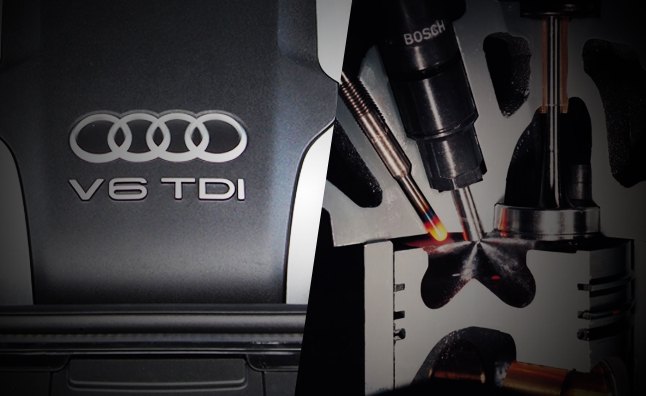
















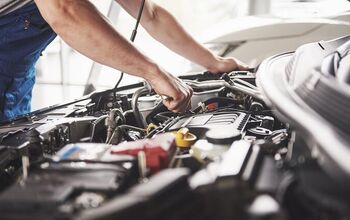



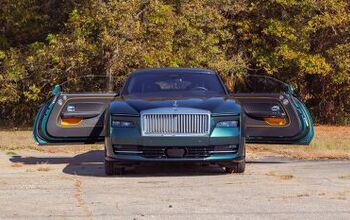





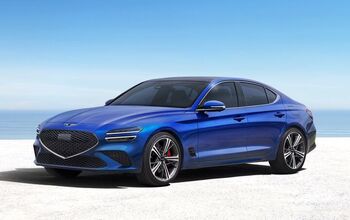
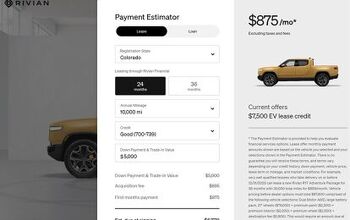
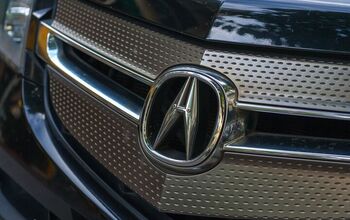

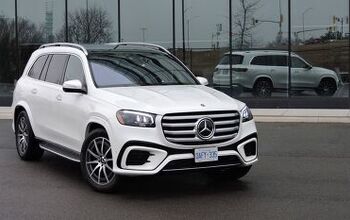


Comments
Join the conversation
Right now in canada gas is 95.9 per liter and diesel 131.9 per liter When you fill up with diesel it gets on your hands and stinks so you have to wear gloves or go to full service stations( it doesn't evaporate like gas so it's all over the filler nozzle) If you park in an attached garage not only will your garage smell like diesel fuel but eventually it will seep into your house. Aside from that diesels are great.....NOT
Missed your reply. The 1.4t is a turbo 1.4 gas engine, it is 8.4 seconds to 60 compared with the 2.0tdi's 8 seconds. I am not making unrealistic claims to support my preference. I drive a 3 litre Merc diesel estate and a BMW X3 diesel, both of which I bought expecting to get far better mpg than my earlier petrols, the reality is the difference is so small the sacrifice for refinement, rev range and sound is not worth it. I am saving around 10 a week in fuel with the 20d BMW or the 3 litre Merc compared with a 6.2 litre V8 C63 AMG. There are now lots of owners of owners of the 1.4tfsi cars who have come from 2.0tdi's before, and they are all saying the MPG is near on identical, those that do lots of short (sub 10 mile) journeys are saying the petrol is getting better mileage, just. Anyway, since this post some more truths have come out about diesel from VW anyway, are you still singing their praises?